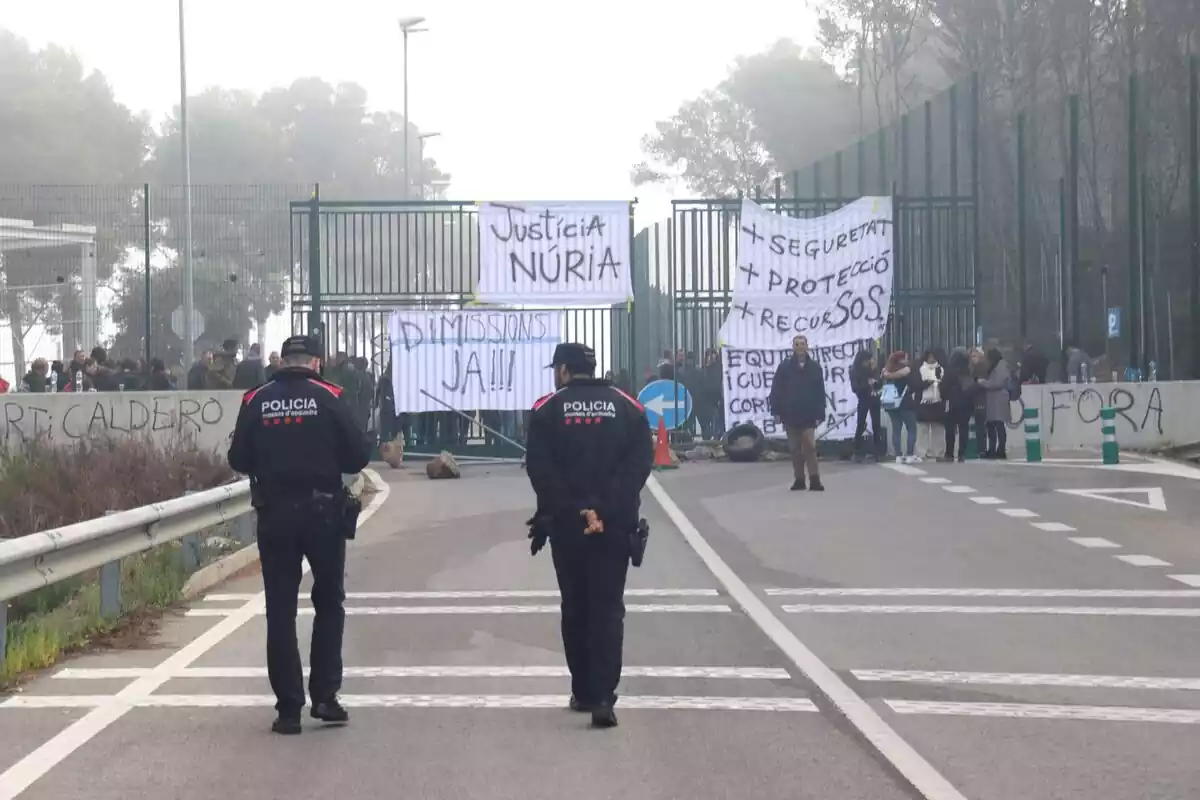
A Novel to Explain the Reality of 40 Years of Prisons in Catalonia
'Don't Tell Anyone What You Do for a Living,' a Story That Tells Us About a Tough Sector Without Complacency for Anyone
Prison officials are in the spotlight, and not precisely for good news. Constant assaults, political tensions, governmental neglect, insults in parliamentary sessions, and worst of all, fatalities. The sector still holds the sad memory of Núria López, the cook who was murdered by an inmate.
But now, officials will also be in the cultural spotlight. With the publication of the novel Don't Tell Anyone What You Do for a Living, the penitentiary sector has found another way to give voice to a reality that, like that of prisons, is not simple. The work is authored by Albert Duchamp, a unit chief at Quatre Camins prison, and features a foreword by four highly prominent crime journalists: Carlos Quílez, Guillem Ramos-Salvat, Maika Navarro, and Andrea Villòria.

A Novel with a Realistic, Not Ideological, Vocation
The plot of the novel is clever and far from stereotypes. The protagonist, a man with anarchist political tendencies, enters the penitentiary world to help a friend of his, also an anarchist, who is imprisoned. From here, the world of the prison envelops the protagonist with an endless list of anecdotes, experiences, and reflections.
The novel comes to celebrate the 40 years since the transfer of prison responsibilities to Catalonia. However, it is not a complacent and solemn commemoration, as is usually the case in these situations. Quite the opposite: the novel is irreverent, harsh (as harsh as this sector is), and critical. In fact, the prison officials themselves are not portrayed as the superheroes some depict. Everything is real, though filtered through the nuance of literature.
This way, the story of the novel is itself an essay on the work of the officials. Its great objective is to describe the trajectory of these last forty years through the most important thing literature has: the human experience of the characters.
It is a novel, ultimately, for anyone who wants to peek into a very real realm that usually doesn't capture the favor of the cameras. Even more so in Catalonia, distanced from reality over the last ten years. The officials know this well.
More posts: